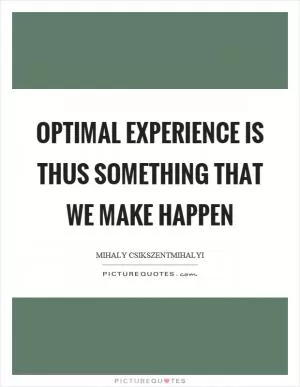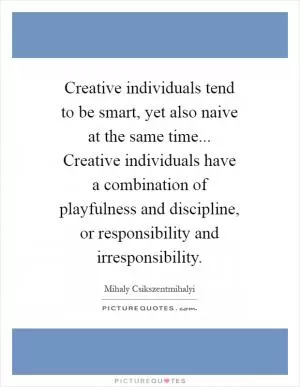But shortcuts are dangerous; we cannot delude ourselves that our knowledge is further along than it actually is

But shortcuts are dangerous; we cannot delude ourselves that our knowledge is further along than it actually is
Mihaly Csikszentmihalyi, a renowned psychologist known for his work on the concept of flow, emphasizes the importance of fully engaging in activities to achieve optimal experiences. In his research, Csikszentmihalyi found that individuals are most satisfied and fulfilled when they are fully immersed in a task that challenges their skills. This state of flow, where one's abilities are matched with the level of difficulty of the task at hand, leads to a sense of deep concentration, enjoyment, and a loss of self-consciousness.However, Csikszentmihalyi also warns against taking shortcuts in the pursuit of flow. He argues that shortcuts can be dangerous because they can lead individuals to believe that they have achieved a level of knowledge or mastery that they have not actually attained. By skipping steps or cutting corners, individuals may miss out on important learning experiences and fail to develop the skills necessary to truly excel in their chosen pursuits.
In the context of Csikszentmihalyi's work, taking shortcuts can prevent individuals from fully engaging in activities and experiencing the benefits of flow. When individuals rely on shortcuts to achieve their goals, they may not be fully present in the moment or fully committed to the task at hand. This can result in a shallow experience that lacks the depth and richness that comes from fully immersing oneself in an activity.
Furthermore, shortcuts can also lead to a false sense of accomplishment. By taking the easy way out, individuals may believe that they have achieved success when, in reality, they have only scratched the surface of their potential. This can be detrimental to long-term growth and development, as it can prevent individuals from pushing themselves to reach new levels of skill and expertise.












 Friendship Quotes
Friendship Quotes Love Quotes
Love Quotes Life Quotes
Life Quotes Funny Quotes
Funny Quotes Motivational Quotes
Motivational Quotes Inspirational Quotes
Inspirational Quotes